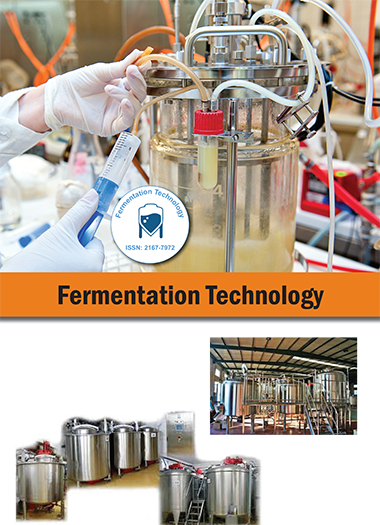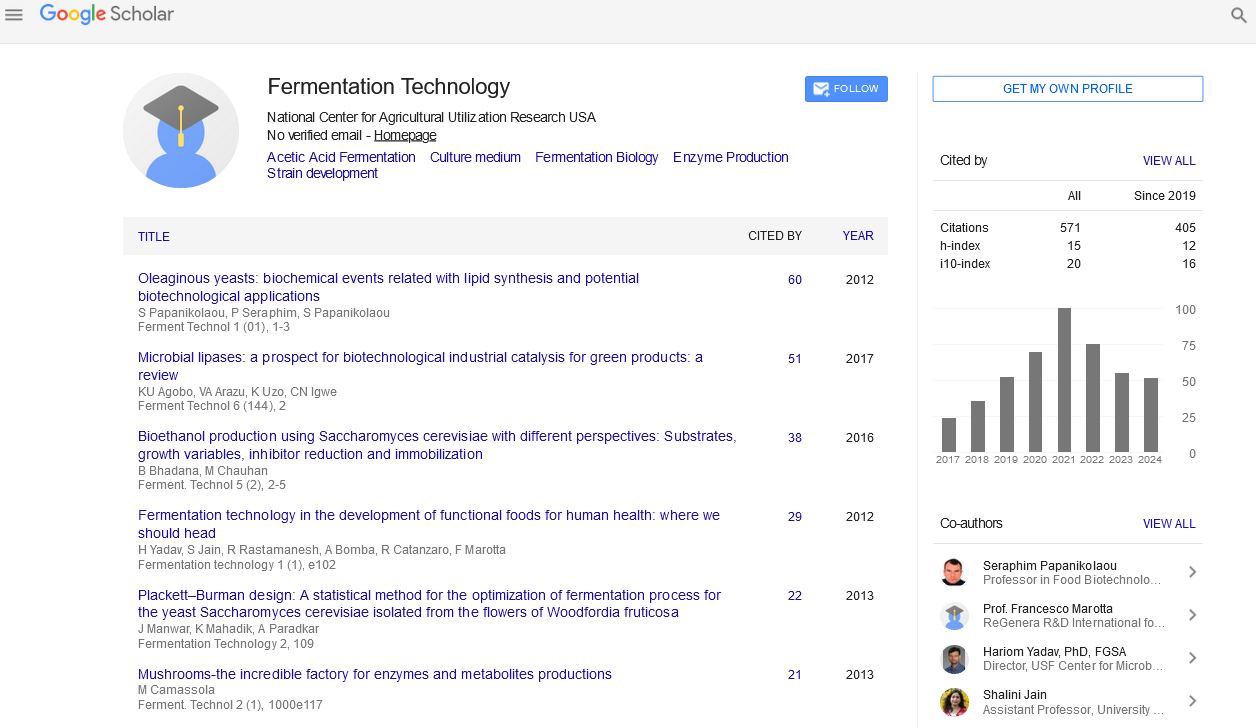Indexed In
- Open J Gate
- Genamics JournalSeek
- Access to Global Online Research in Agriculture (AGORA)
- RefSeek
- Hamdard University
- EBSCO A-Z
- OCLC- WorldCat
- Publons
Useful Links
Share This Page
Journal Flyer

Open Access Journals
- Agri and Aquaculture
- Biochemistry
- Bioinformatics & Systems Biology
- Business & Management
- Chemistry
- Clinical Sciences
- Engineering
- Food & Nutrition
- General Science
- Genetics & Molecular Biology
- Immunology & Microbiology
- Medical Sciences
- Neuroscience & Psychology
- Nursing & Health Care
- Pharmaceutical Sciences
The key to acetate: Metabolic fluxes of acetic acid bacteria under cocoa pulp fermentationsimulation conditions
World Congress on Beneficial Microbes: Food, Pharma, Aqua & Beverages Industry
August 25-27, 2015 Valencia, Spain
Stephane Duboux, Philipp Adler, Christoph Josef Bolten, Carl Erik Hansen and Christoph Wittmann
Technische Universitat Braunschweig, Germany
Nestle Research Center, Switzerland
Saarland University, Germany
Scientific Tracks Abstracts: Ferment Technol
Abstract:
Chocolate preprocessing involves pod opening, bean (pulp) fermentation, and bean drying, followed by roasting of the cocoa beans. Cocoa bean fermentation is a spontaneous process that is carried out under rather uncontrolled conditions. Thus, the result of the fermentation process strongly depends on the microbial population of the pulp and postharvest practices on the farm. Acetic acid bacteria (AAB) play an important role during cocoa fermentation, as their main product, acetate, is a major driver for the development of the desired cocoa flavors. Here, we investigated the specialized metabolism of these bacteria under cocoa pulp fermentation-simulating conditions via carefully designed combination of parallel 13C isotope labeling experiments. The received insights supported the first development of experimental starter cultures.
Biography :
Stephane Duboux is currently working in Nestlé Research Center, Switzerland.

